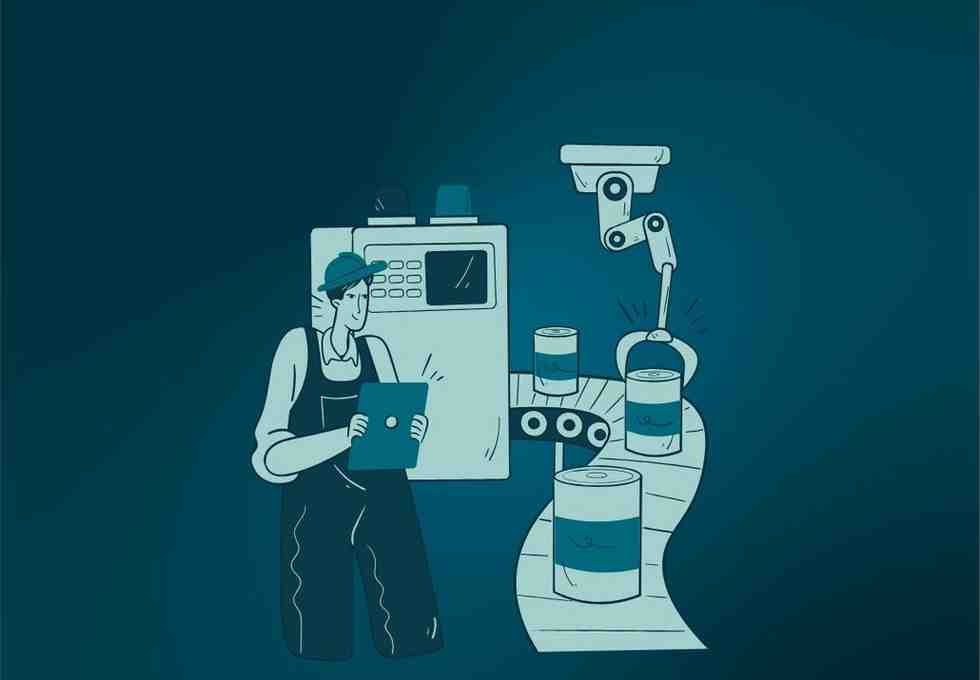India's IT hardware manufacturing industry set for substantial growth

In August 2023, a surprise revelation about the prohibition of imports of laptops, all-in-one personal computers, and tablets caused a significant amount of commotion among electronic producers globally. However, later, the government provided clarification, stating that there was no prohibition; simply registering would suffice for importing certain things.
This clarification eased the concerns of electronic producers but also helped restore confidence in the global electronic market. The decision had the benefit of encouraging large technology companies to submit applications for the updated Rs 17,000 crore PLI scheme for IT equipment that the government announced in May 2023. The program garnered a very positive reaction, with 44 firms, including HP, Dell, Lenovo, Thompson, Acer, and Asus, applying for it. Tata Electronics is the fourth business hired to manufacture products under contract and the first Indian company to put together iPhones. There have been reports regarding its intentions to establish a large-scale facility in Hosur to produce iPhones.
Research shows that the laptop and personal computer market in India is valued at $8 billion per year, with approximately two-thirds of those devices being imported.
The IT manufacturing industry in India is anticipated to have significant growth in the coming years. The expansion of IT manufacturing in India is expected to result in a higher need for patents and intellectual property rights (IPR) in the industry. As more corporations set up their manufacturing facilities and assembly lines in India, safeguarding their innovations and technical developments will become essential. A strong legal framework and efficient enforcement measures are necessary to protect the intellectual property of these enterprises. This will ensure that their competitive advantage is maintained, and they can continue to thrive in the market.
After the epidemic, the PLI projects were crucial to revitalizing the manufacturing sector. The PLI project focused on 14 main industries, including mobile manufacturing and specialized electronic components, specialty steel, food products, electronic and technology products, and others. In terms of comparison, Apple achieved an impressive increase of 177 percent in year-on-year growth. Foxconn, a leading Taiwanese manufacturer, is to invest an extra INR 139.11 billion ($1.67 billion) in establishing a manufacturing plant in Bangalore, Karnataka. As part of the same PLI strategy, Lenovo, a Chinese technology company, has given a contract to Padget Electronics, a subsidiary of Dixon Technology, to produce laptops and notebooks for Lenovo in the country.
India introduced an import authorization system for some IT hardware goods to monitor import information, citing grounds linked to public morals, national security, and intellectual property protection. The government plans to meet 70 percent of India's IT hardware needs through indigenous manufacture to decrease dependence on imports from certain sources. The country prioritized making it easier to do business by reducing regulations and digitizing processes. As a result, it received recognition for its efforts in sustainable and digital trade facilitation, earning a score of 93.55 percent in a 2023 survey by the United Nations Economic and Social Commission for Asia Pacific (UNESCAP).
Despite a decrease in foreign direct investment (FDI) inflows in 2023, which had an impact on start-up funding (dropping from $25 billion to $7 billion compared to the previous year), the Indian economy continues to be appealing to investors, especially in the field of artificial intelligence (AI) and AI-based products and services. This is due to its vast pool of skilled professionals and growing market potential.
The Indian economy has demonstrated robust resilience during a global economic downturn. According to several specialists, India's GDP is estimated to be around $3.40 to $3.65 trillion at present and might potentially hit the $4 trillion milestone by the end of 2024 or early 2025. However, the economy has also displayed several encouraging indicators in addition to the aforementioned factors. These include a decrease in the unemployment rate (from 7.2% in the same quarter of the previous year to 6.6% in the July-September period), an anticipated growth rate of approximately 6.5%, and an expected reduction in the current account deficit to 1.4% of GDP. Although the specific timeframe for achieving this goal may differ, it is quite likely that we are making progress towards becoming a prominent economy in the future.
All this effort will increase the need for patent and IPR protection to safeguard and encourage innovation and economic growth. Furthermore, as our economy continues to grow and attract foreign investment, the demand for patent and intellectual property rights (IPR) protection will only intensify. This is crucial not only for safeguarding our own innovations but also for creating a favorable environment that encourages further economic growth and technological advancements.
As a global patent and IPR firm, Einfolge is well-positioned to assist businesses in protecting their innovations and ensuring compliance with intellectual property laws. With a team of experienced professionals, Einfolge can provide comprehensive services in patent filing, prosecution, and enforcement. Additionally, their expertise in conducting patent searches and analyzing prior art can help businesses navigate the complex landscape of intellectual property rights. By partnering with Einfolge, businesses can confidently protect their innovations and maximize their potential for growth in the global market.